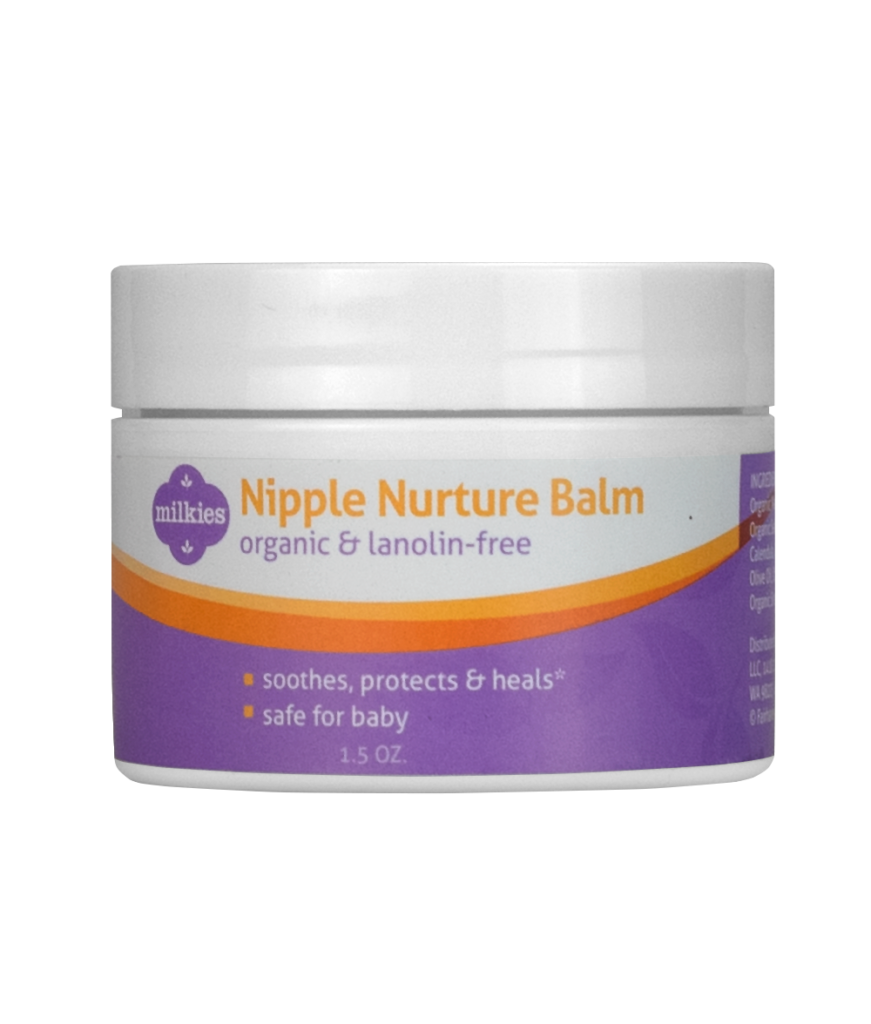The benefits of breast/chest feeding for both parent and baby are undeniable. The American Academy of Pediatrics and the World Health Organization recommend exclusive breast/chest feeding for the first 6 months. Sometimes breast/chest feeding can feel difficult, and you need a reminder of why it’s important to keep on track.
When I had my first baby, I found breastfeeding to be very difficult for many reasons. I was not prepared for the transition into becoming a parent, and I was completely overwhelmed. Unfortunately, I did not have a community of parents on standby, waiting to offer me precious words of wisdom. Since becoming a lactation consultant, I have tried to create that community for the families I work with.
I asked my breastfeeding community – Breastfeeding Bootcamp- to share some of their favorite and helpful tips.
Don’t Quit On Your Worst Day
This piece of advice came up a couple of times. It is important to keep this in mind because your worst day is the day you will want to throw in the towel. However, if you can get through it, it’s likely you will feel differently the next day. This is not only good advice for breast/chest feeding but for many of life’s little curveballs.
If You Feel Like You’re Breastfeeding All Day You’re Doing It Right
This gem came from a first-time mother who struggled through the cluster feeding times. Cluster feeding is when your baby wants to eat constantly. At least it feels like it’s constant. It may be more like several times over a couple of hours. This is a likely time for parents to doubt breastfeeding, doubt their milk supply. Keep in mind that breast/chest feeding is more than food, and your baby wants to be close to you all the time. They achieve this by cluster feeding. Babies don’t cluster feed throughout their breast/chest feeding relationship. It’s more of a newborn behavior and it passes.
Use A Haakaa
Using a Haakaa came up a couple of times when offering breastfeeding tips for new parents. It is a fairly new practice and one that has really caught on. Using a pump is not recommended in the first couple of weeks, but many new parents have discovered that “catching” milk is a really easy way to start saving milk in your freezer. When your baby latches to the breast and they start to feed, your milk lets down to supply your hungry baby with the milk they are looking for. Because you are only feeding on one breast at a time, this might mean that precious milk might be leaking from the breast the baby is not latched on to.
Catching Milk
By using a Haakaa or other milk catcher, you can save all of that milk that would normally be absorbed into a breast pad or a nursing bra. It may not seem like a lot, but using one for feeds throughout the day can really add up to quite a bit of milk. Parents report using a milk catcher in the early weeks is helpful in building an overall stash, and helps ease some engorgement or breast fullness. After a couple of months, your milk supply starts to regulate and you may notice less leaking with feeds. This is normal, and you may not use your milk catcher as much at this point.

Hire A Lactation Consultant
One of the members of Breastfeeding Bootcamp remembers feeling overwhelmed by all the information she was receiving. Everyone from hospital staff, nurses, family members, and friends were all sharing breastfeeding information. When she hired a lactation consultant, she felt more confident moving forward because she had one person to talk to and confide in. This made breastfeeding much less confusing.
Feed On Demand
This is another piece of advice that came up many times. Feeding on demand means you are following the baby’s cues, not the clock or any kind of schedule. This can be a really hard concept for someone who thrives on having a scheduled, routine life. Luckily, I have always been one to kind of fly by the seat of my pants, so feeding on demand was not an issue. I have many families who really struggle with this concept and feel that a schedule would be better. In the early days of breast/chest feeding, feeding on demand will help encourage a strong milk supply.
Supply And Demand
Milk supply is built by supply and demand, and if you are limiting feedings at all this can impact supply in a negative way. Babies also thrive when they are close to their parents, and feel their needs are being met. This happens with feeding on demand. It can be a very overwhelming concept at first, but it helps your baby acclimate to the big, new world around them. Overfeeding is a common problem with bottle feeding, but babies feeding at the breast/chest will learn how to regulate feeds, limiting the problem of overfeeding. You can read more about overfeeding here.
Your Body Is Made To Do This
As foreign as breast/chest feeding may feel in the beginning, this statement is undeniably true. Your body was made to do this, and parents have been feeding their babies with their bodies for thousands of years. It really does work.
Being A Parent Is Hard, And Breastfeeding Is The First Hard Thing You Will Do
One Bootcamp parent remembered this as something significant for their family. Being a parent is hard, and there will be many hard things. Sometimes the wonderful things in parenthood are hard. Just knowing this can be helpful.
Use Lots Of Nipple Cream
This is great advice for all new parents who are breast/chest feeding. You may find that you don’t need it, and that’s ok. Being prepared and having it on hand can really be helpful. If you do experience any tenderness or discomfort with feeds in the beginning, nipple cream can make a difference. Check out this post for the nipple cream recommended by Bootcamp families.

Get Familiar With Different Nursing Positions
Sometimes we get comfortable feeding in only one position, and that’s ok. However, becoming familiar with positions such as side-lying or laid-back nursing may be very helpful when breastfeeding in different places and at different times of the day. Many new parents find breast/chest feeding in more relaxed positions make it really easy to get some rest during feeds.
These are some of the most helpful breastfeeding tips for new parents, from new parents. As mentioned, investing in time with a lactation consultant can make a huge difference in confidence and overall breastfeeding. Want to stop feeling frustrated and be the confident, breast/chest feeding parent you are meant to be? Click here to learn more about setting up your breastfeeding consultation with me.






